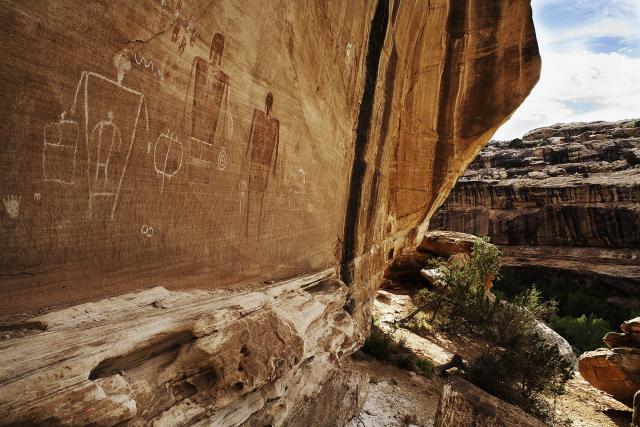Related Stories
- BLM recreation sites available to all: Exploring accessibility on California’s public lands
- A day on patrol with BLM Arizona Ranger Rocco Jackson
- BLM recreation sites available to all: Exploring accessibility on Arizona’s public lands
- Overcoming challenges to move the BLM forward: Nikki Haskett
- A day in the life of a BLM Hobbs Petroleum Engineering Technician


